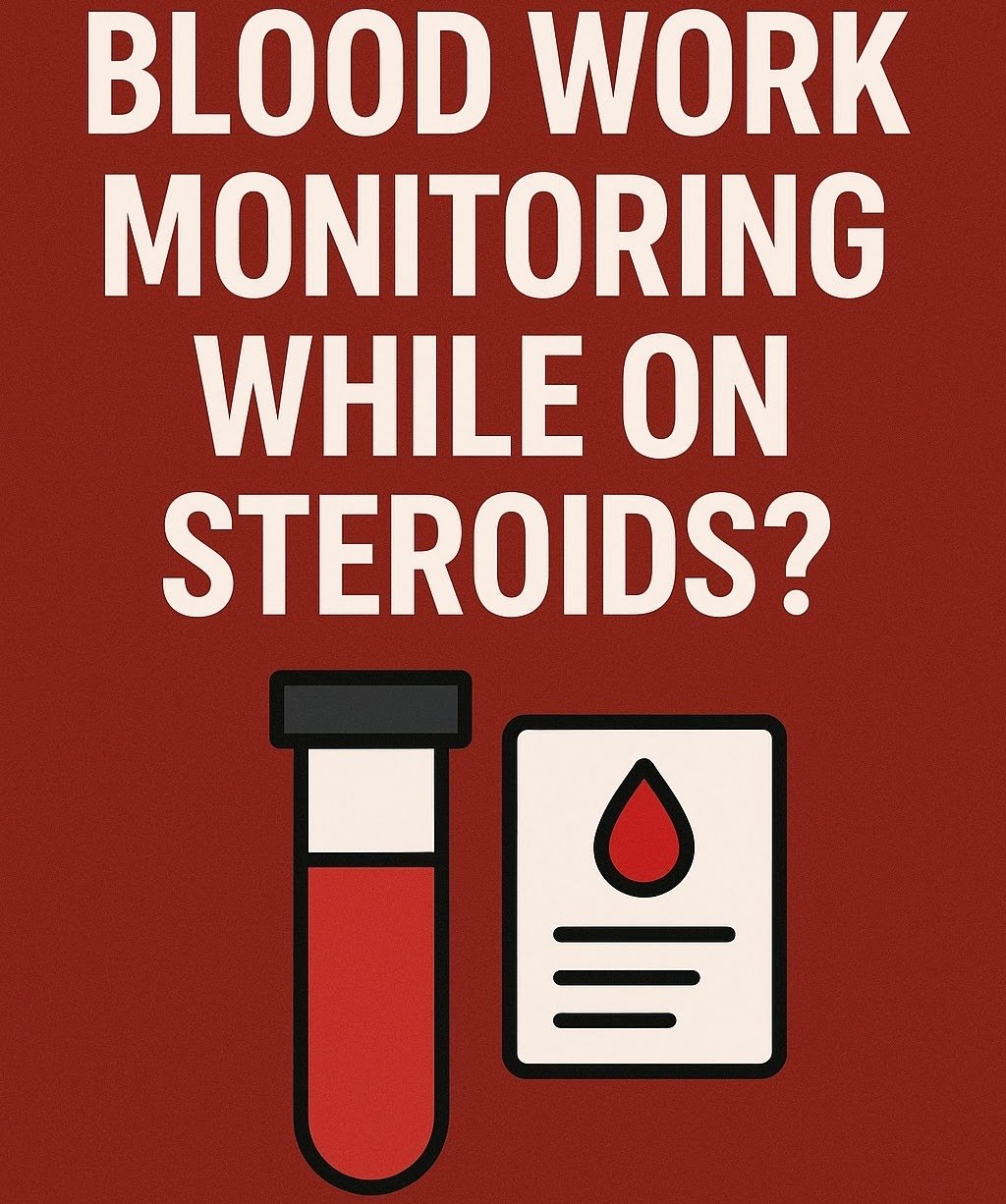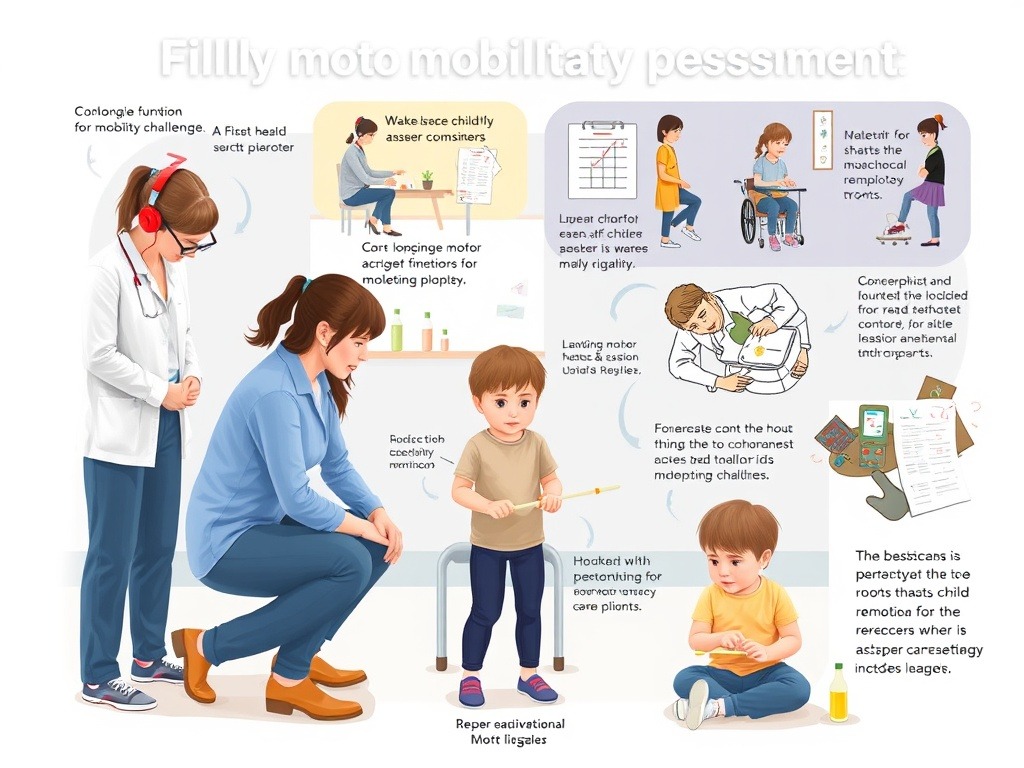12 Lifestyle Shifts That Enhance Fertility and Relieve Chronic Pain

For many, the intertwined challenges of infertility and chronic pain can feel like an insurmountable burden. Both conditions are complex, often rooted in inflammation, hormonal imbalances, and nervous system dysregulation.
The good news is that powerful lifestyle shifts can address these underlying issues, offering a dual benefit: enhancing fertility prospects and providing significant relief from persistent pain.
Let’s get into the ways you can use a holistic approach toward healing and thriving.
1. Embrace an Anti-Inflammatory Diet
Chronic inflammation is a common thread in both fertility struggles and pain conditions. Shifting to a diet rich in whole, unprocessed foods is paramount. Focus on colourful fruits and vegetables, lean proteins, healthy fats (avocado, olive oil, nuts, seeds), and whole grains.
Eliminate refined sugars, processed foods, excessive red meat, and unhealthy trans fats, which are known pro-inflammatory agents.
2. Prioritize Gut Health
The gut microbiome plays a critical role in immune function, hormone regulation, and nutrient absorption – all vital for fertility and pain management.
Incorporate fermented foods like kimchi, sauerkraut, and kefir. Consider a high-quality probiotic supplement and consume prebiotic-rich foods such as garlic, onions, and asparagus to nourish beneficial gut bacteria.
3. Optimize Vitamin D Levels
Vitamin D, often called the “sunshine vitamin,” is crucial for both reproductive health and pain modulation. Deficiencies are common and linked to conditions like endometriosis, PCOS, and chronic musculoskeletal pain.
Get regular, safe sun exposure or supplement under the guidance of a healthcare professional to reach optimal levels.
4. Manage Stress Through Mind-Body Practices
Chronic stress floods the body with cortisol, disrupting hormone balance and increasing pain sensitivity.
Integrate daily stress-reduction techniques such as meditation, deep breathing exercises, yoga, or tai chi. Even 10–15 minutes a day can make a profound difference in your physiological state.
5. Ensure Adequate, Restorative Sleep
Sleep deprivation exacerbates inflammation, impairs hormone regulation, and lowers pain thresholds.
Aim for 8–10 hours of quality sleep per night. Establish a consistent sleep schedule, create a calming bedtime routine, and optimize your sleep environment for darkness, quiet, and cool temperatures.
6. Engage in Regular, Moderate Exercise
Physical activity is a powerful anti-inflammatory and pain reliever. It also improves blood flow, reduces stress, and supports healthy hormone balance.
Focus on a mix of cardiovascular exercise, strength training, and flexibility work. Avoid overtraining, which can be counterproductive for fertility.
7. Detoxify Your Environment
Exposure to endocrine-disrupting chemicals (EDCs) found in plastics, pesticides, and personal care products can negatively impact fertility and contribute to chronic pain. Choose organic produce, use glass or stainless steel food containers, and opt for natural, non-toxic cleaning and personal care products.
8. Support Liver Function
The liver plays a crucial role in metabolizing hormones and toxins. Support its function by reducing alcohol intake, increasing cruciferous vegetables (broccoli, cauliflower, Brussels sprouts), and staying well-hydrated. Herbal remedies like milk thistle can also be beneficial under professional guidance.
9. Balance Blood Sugar
Insulin resistance, often a precursor to type 2 diabetes, is linked to both PCOS and increased inflammation, impacting fertility and pain. Focus on whole, unprocessed foods, limit sugary drinks and refined carbohydrates, and incorporate healthy fats and proteins to stabilize blood sugar levels.
10. Stay Hydrated with Clean Water
Water is essential for every bodily process, including nutrient transport, waste elimination, and joint lubrication. Dehydration can worsen pain and impair cellular function. Drink plenty of filtered water throughout the day.
11. Explore Acupuncture and Traditional Chinese Medicine
These ancient practices can effectively address both fertility challenges and chronic pain by balancing energy flow (Qi), reducing inflammation, and promoting relaxation. Many find significant relief and improved reproductive outcomes through these modalities.
12. Seek Personalized Naturopathic Care
For comprehensive and individualized support, consider consulting a specialist like those at Burlington Naturopath Fertility, who can assess your unique needs, identify root causes, and develop a treatment plan that integrates diet, supplements, and natural therapies.
Additionally, for individuals navigating complex health concerns, a healthcare lawyer in Toronto may be an invaluable resource—especially when advocating for your rights related to insurance coverage, medical errors, or patient consent.
And when financial stress becomes another layer of burden, platforms like Lamina can help you access fast and simple support through their easy online system, giving you the breathing room to focus on healing.
With these 12 lifestyle shifts, you can empower your body’s innate ability to heal. While the journey may require patience and persistence, the potential for enhanced fertility and significant relief from chronic pain offers a profound motivation for change and a brighter, healthier future.



